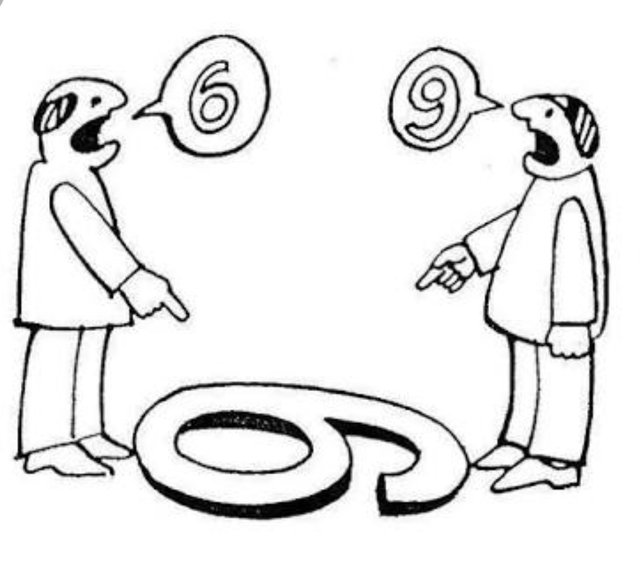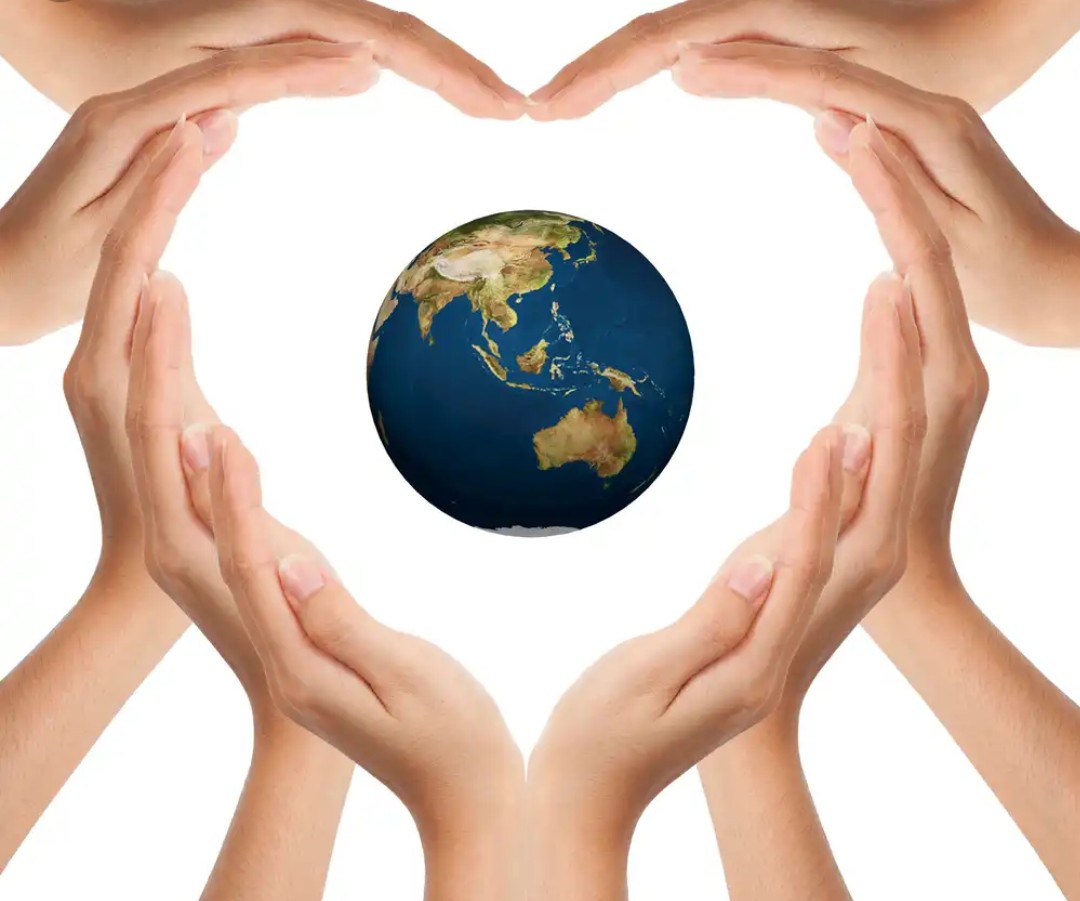Conflict
Conflict can be defined as a protracted or drawn out altercation, contention, hostility, feud, disagreement, antagonism, bad blood or strife over fundamental issues.
Conflict is bound to occur wherever there is an interaction of two people with innate differences. The probability of the occurrence of conflict becomes greater when there is an interaction of more than two people because then, politics also begins. This means that there is very high tendency for conflict to arise at work, at home, in church, in a clique or club, or on social media platform like Steemit. Where ever there is a community, cluster or group of people, conflict is a guaranteed occurrence and from the definition above, the end result of conflict is almost always negative. When disagreements or altercations fester, distorted emotions begin to magnify the problems, turning a “mole hill” kind of issue into “mountain” kind of issue.

Some Causes of Conflict
Envy is the feeling of unfulfilled and discontented longing that comes from wanting someone else’s possessions or luck; i.e. when an acquaintance of yours catches the attention of a whale on Steemit and gets amazing upvotes while you are struggling to get an upvote. The offshoot of protracted envy/jealousy is usually disastrous, often causing complete breakdown of a relationships.
Offenses occur when one gets vexed at a perceived insult or slight. With the increased contact and relation with other people in a group or community, comes increased vulnerability to offense. Offenses can occur both unintentionally and deliberately.
Relationships with opportunists, social-climbers or overly ambitious people tend to take advantage of others without regard for the feelings of others, nor the consequences of their actions.
Immaturity causes people to viciously turn others into rivals especially when they can’t handle their progress and such behavior more often than not, leads to unnecessary conflict.
Inability to handle power also causes people to misbehave or mistreat others or mismanage positions thus birthing conflict situations.
Are You In Conflict
When asked if you are in conflict with anyone, the most likely response would be a “no’ from most of us. It however becomes pertinent to note that you are actively involved in conflict with another if you experience any of the following:If you are unhappy by someone’s progress
If you are unmoved by someone’s joy
If you feel secret joy over someone’s downfall or misfortune
Nipping Conflict In The Bud
Be empathetic. The other person may be seeing things from an entirely different perspective i.e. figures 6 and 9 can be mixed up if viewed from different vantage points.
Be open minded and not overly rigid about your opinion. Listen closely to actually hear a newer or better version of the information you possess.
Realize that you don’t know it all. Check yourself if you always think you are right or always feel the need to be right.
In love relationships, conflict can be stopped or circumvented if both parties spend some time apart and alone to think and consider the other party’s position.
In a case where sensitive topics are to be discussed, think ahead, process your thoughts, note your points and plan your delivery. A careless statement or wrong use of words could lead to a major disagreement.
When faced with a conflict situation beyond all your capacity, seek the counsel of an objective and more experienced third party.
In Conclusion
On the flip side of conflict are harmony, peace & cooperation. When there is harmony and cooperation amongst a group of people, even the sky cannot be their limit! Take for example the building of the Tower of Babel in the Bible. There was so much unity of purpose for the common goal they aimed to achieve, that even God acknowledged that they had the capacity to achieve the seemingly impossible feat of building a tower that would reach the heavens!
As we work together to build our communities whether online or offline, let’s continue to help each other wherever possible, encourage each other, and strengthen each other towards achieving our common goals. Our personality types, our driving forces and our passion may defer, but we all have our unique differences that make us an asset and a complimentary part of our designated group. For example, the sparky sanguine with his constant forgetfulness may be our strongest value adder as regards public relations and social interactions, while the introverted melancholy who is so slow in decision making may be our strongest link when it comes to attention to detail and strategic thinking. Ultimately, my recommendation is to let LOVE be our focus as a community, group, family or team. Steemit already got that part right with its inherent “love node”, let’s replicate the same in our other circles of influence.Cheers and thanks for reading!

